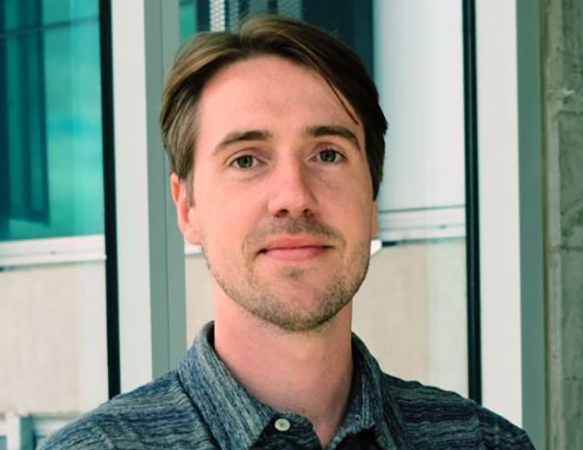Deakin University's Dr Marcus Sellars has been awarded three-year funding of $420,000 by the Wicking Trust, as part of the 2024 national grant round: Bringing Death Back into Life - Developing Solutions Programs.
The Wicking Trust supports initiatives that aim to improve the experience of dying, death and grieving for older Australians and their families.
Dr Sellars' research will develop and implement an adaptive advance care planning (ACP) assistant within Touchstone Life Care's digital ACP platform - Australia's first fully digital ACP solution.
Advance care planning enables people to express their preferences for future health and personal care and reduces unnecessary interventions. However, it remains underused in Australia.
Most older people have limited or no documentation in place and 88% of Australian deaths are unaccompanied by advance care directives. Existing systems face challenges due to fragmented, document-centric approaches that often overlook the dynamic interactions between patients and care providers. Additionally, these approaches struggle to reliably capture older Australians' values and changing needs in ways that offer meaningful future treatment directions to families and clinicians.
'We're rethinking how ACP works by recognising that it's not just a document - it's a dynamic process that needs to adapt to evolving patient needs, cultural contexts and family dynamics,' says Dr Sellars.
Alfred Deakin Post-Doctoral Research Fellow, Dr Marcus Sellars
'Our project, in collaboration with Deakin's Applied Artificial Intelligence Initiative and Touchstone Life Care, will use artificial intelligence and a complex adaptive systems approach to create an adaptive ACP assistant. This will support people, their families and care providers to engage in more meaningful and responsive planning conversations that reflect their values and preferences.'
The team will work closely with older Australians to design a prototype informed by interviews with aged care recipients and carers. This will be followed by iterative refinement based on feedback from participants, their families and aged care staff to ensure the tool is practical, accessible and aligned with user needs. The assistant will then be piloted in aged care providers across Victoria, New South Wales and Queensland to evaluate its effectiveness in practice.
The adaptive ACP assistant will process and provide personalised guidance during the planning process - helping to clarify decision implications, aligning choices with core values, and promoting consistent actions among everyone involved.
This approach is timely, as new aged care standards taking effect from July 2025 will require aged care providers to demonstrate ACP performance.
The project team also includes Professor Alison Hutchinson from Deakin's Centre for Quality and Patient Safety Research and Professor Rajesh Vasa from the Applied Artificial Intelligence Initiative (A²I²).
The text of this article is licensed under the Creative Commons Attribution (CC BY) 4.0 International







